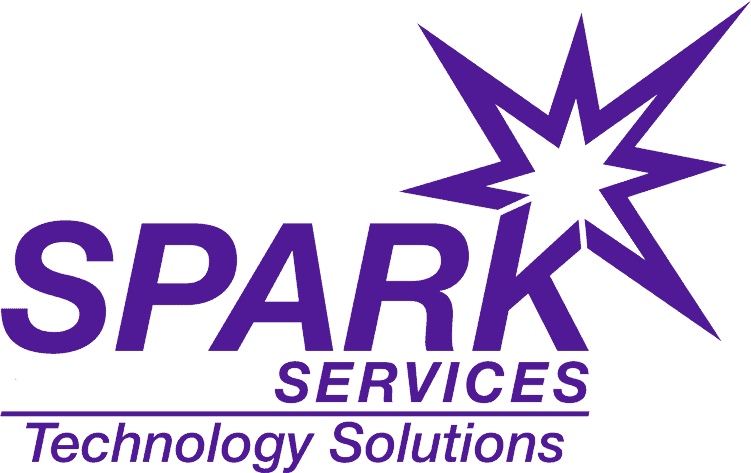
In the unpredictable and busy world that we live in, you may purchase insurance to secure your business against financial losses. However, that will not help you protect or replace your valuable data. The constantly rising cyber crimes and the General Data Protection Regulation have mandated organizations to secure their data and have a disaster recovery plan.
On the one hand, any data loss or theft can leave you vulnerable to legal and financial ramifications, not to forget the damage to your reputation. But on the other hand, you have to deal with unplanned downtime, which can lead to a drop in productivity. And in today’s competitive times, you cannot afford downtime. A cloud backup disaster recovery plan can help you save the day and potential business in any worst-case scenario.
Consider these important reasons why you need a disaster recovery plan.
1. Ransomware is a big threat to potential data
Ransomware is malicious software that encrypts the data and holds it hostage, and it’s another way a cybercriminal can harm your business. After you pay the ransom, you may get your data back, but sometimes, not even then. While you’re worrying, hoping, and waiting to get your system back up and running, your business is losing money, and productivity is nonexistent. It could take hours, days, or weeks, depending on how malicious the attack was. But, by having a complete backup of your files, you can remove the malicious software, recover and get back to business.
2. Customers go with data breaches
Losing customer data is every business owner’s nightmare. Customers give their data to businesses, expecting their private information to be secure and safe. But, data breaches cost businesses time, money, and customers every year. When your data is breached, information like credit card numbers, personal information, and sensitive data is exposed. Once the data is out, customers find it difficult to trust the business, and many will go elsewhere. Over 20% of businesses that experience a data loss event also see their customers disappear. Your customers have entrusted their data to you. Are you willing to lose customers because you didn’t set up data recovery and backup system?
3. Save time from Manual Backup Tasks
Tape-based data backup is time-consuming and complex. As an organization, you may have limited IT staff. Rather than using them in manual data backups, they would be more gainfully employed on strategic projects crucial to the business. Cloud disaster recovery plans, on the other hand, take backups automatically. These solutions standardize and automate the entire data backup process, so you don’t need IT, staff at each location. Besides, these applications also equip your IT teams with the tools to handle and monitor all aspects of server data protection.
4. Simpler Budgeting
Cloud backup involves a monthly service fee, unlike traditional data backup solutions that involve acquiring software licenses for specific servers. With cloud computing disaster management, you can be saved from associated costs such as software, media, backup hardware, or maintenance. With cloud backup, the service provider bears the cost of the entire infrastructure, and you benefit from a monthly service fee that is simple to budget and predicts.
5. Hardware and machines lose power with time
Even the most technologically advanced information technology systems experience failure regularly. Disaster recovery plans are the only method to ensure that business activities are not disrupted or data is lost in the event of a hardware failure. Humans, like machines, are fallible and make errors. It is rare for downtime to be caused by anything as trivial as a human mistake. While there is no way to eliminate human error, actions may ensure a swift return to normalcy. A disaster recovery plan keeps you and your staff informed in the case of a calamity. A disaster recovery plan may help your team perform more successfully in the case of a human error. The user has access to restore points that have been established during routine backups. Also, regarding data safety, businesses cannot afford to be without corporate cloud backup choices. Data may be used to expedite catastrophe recovery and ensure company continuity.
No business is immune from the risk of losing access to its data and applications. However, a strong disaster recovery plan can help assure that a loss is a minor and temporary problem, restoring your business operations quickly.
We at SPARK Services can help you create a data backup plan to protect your business from various potential disasters. For more information on our potential services, connect with us today!



